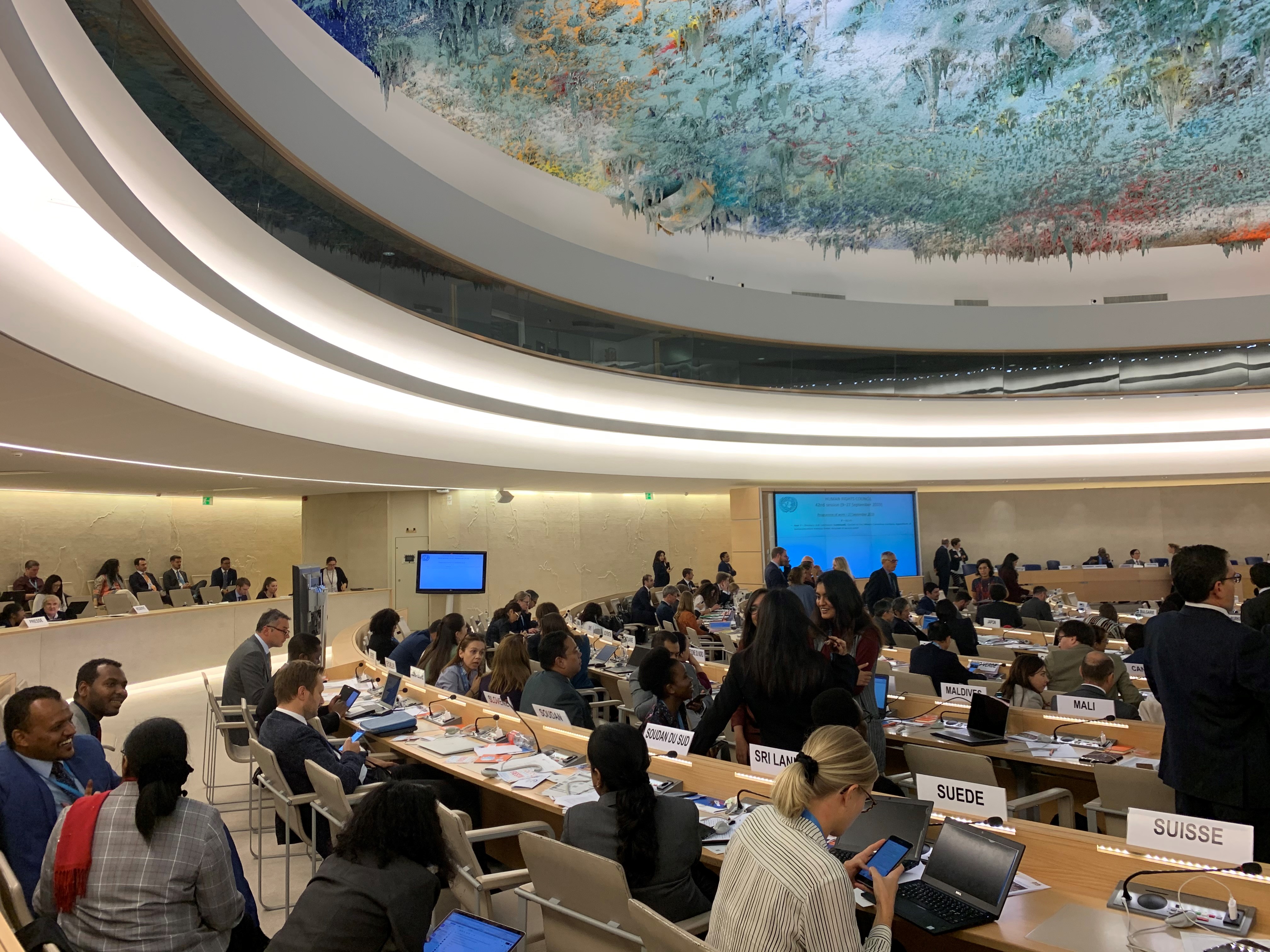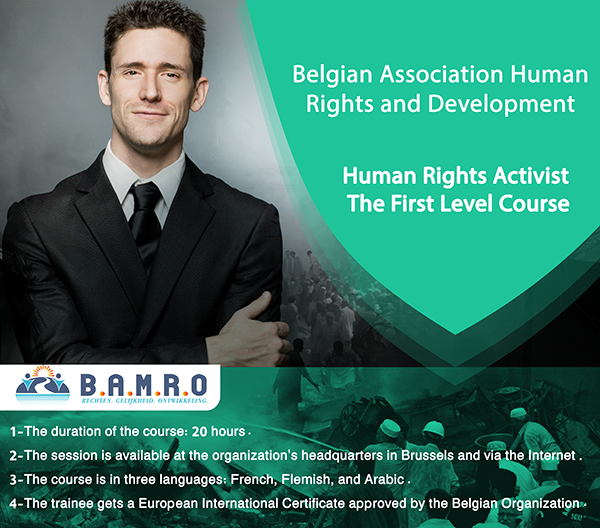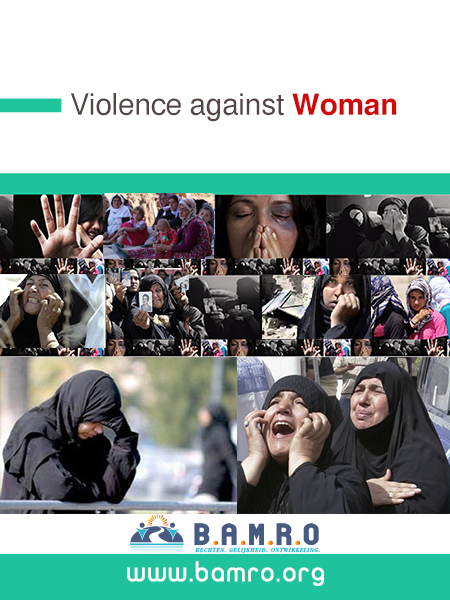Vote
-
For further training via the Zoom program or at our office? ?
Register a
Violation
We you
Contact youS.O.S.
0032 02 7322568Our participation in the 42nd session of the United Nations Committee at its headquarters in Geneva

Our participation in the 42nd session of the United Nations Committee at its headquarters in Geneva
Our participation in the 42nd session of the United Nations Committee at its headquarters in Geneva
The 42nd session of the United Nations concluded its work with the establishment of various important decisions. Our organization, BAMRO, participated in this work while observing the voting and decision-making mechanisms followed.
Resolution L12 is one of the most important decisions the committee has made. It concerns the support and funding of the establishment of a committee office in Yemen to monitor and document violations caused by the conflict in the country.
This office will provide the necessary resources and materials for human rights observers and the training and enhancement of the efforts of human rights activists.
Other decisions have been taken with the aim of supporting and developing human rights mechanisms in different countries around the world. The committee took into account the rights reports of 14 countries in its work. In addition, the importance of participation and the role of civil society organizations were highlighted from the reports, statistics and conferences held on the margins of the session. Violations of children's rights in Yemen and Libya in particular were highlighted during this session.
Far from the situation of the countries at war, the update was also on the human rights situation in Japan, especially with the summons of the leader of the opposition to the home. The representative of the Japanese government claimed that the leader of the Japanese opposition, Yukio Hatoyama, is under house arrest while insisting that this issue is part of the domestic order of the country.
Other conflicts arose during the session, notably between the Cuban and Brazilian delegations concerning accusations of violations between the two countries.
International organizations and observers have all called for the willingness of the UN committee to work and develop its mechanisms and focus on rights situations and cases not handled by the media. This commitment was well established when urgent and important decisions were made even after the committee's annual budget was established. These projects will be provided by the emergency budget given their importance, in particular, the resolution of the L12.
Our delegation, chaired by Mr Mukhlif Abdulsamad, participated with its specific advisory status obtained from the United Nations by maintaining its role as observer and consultant to the UN Human Rights Committee.
Listings
- 1
- 2
- 3
- 4
- 5









